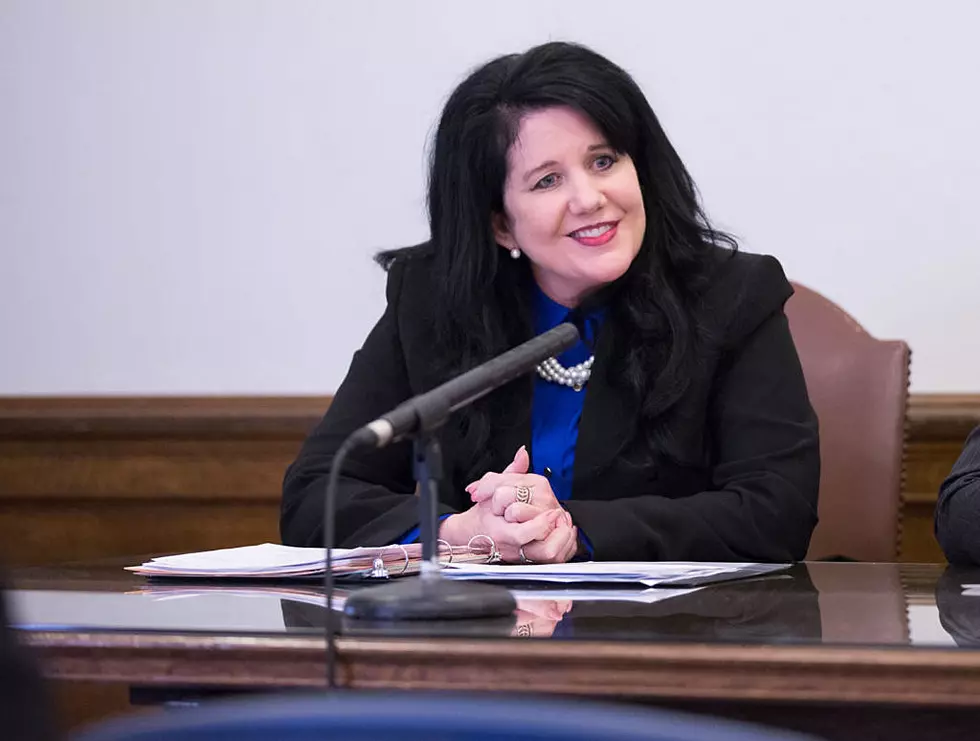
Do Women Not Have A Sex Drive? — Dave’s Diary
Ok, I know quite a few guys down at the gym and at work that are going to have a problem with this one—but here goes.
We all see the ads on television and in magazines warning us that taking certain medications can lead to a reduced sex drive, but are we worrying about reducing something that doesn't exist? Time out. Doesn’t exist?
(insert your favorite joke here)
In an op-ed piece recently published by the New York Times Dr. Emily Nagoski theorizes that sexual desire is usually "responsive" and not always "spontaneous." Responsive desire begins when you kiss someone or start getting undressed, while spontaneous desire can be awoken by seeing an attractive person.
She notes that less than 20 percent of women feel spontaneous desire for sex, compared to nearly 70 percent of men, adding, "Not experiencing spontaneous hunger for sex doesn't have dire consequences; it is not a medical disorder."
Her theory comes to light as the FDA considers approving the drug flibanserin, which is designed to boost sex drive in women. She says the problem with the drug is that it attempts to fix something that isn't broken. (Elite Daily)
I might know a few guys who would disagree!
More From News Talk KIT









